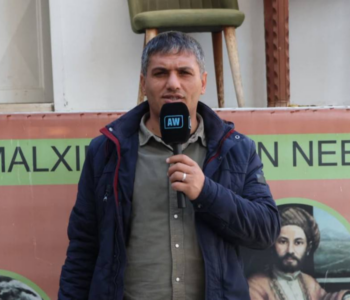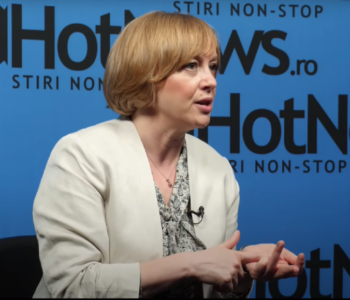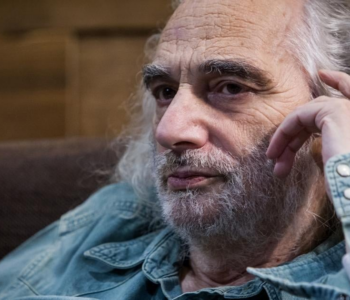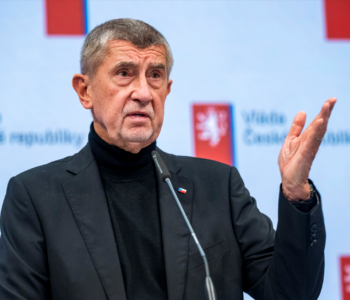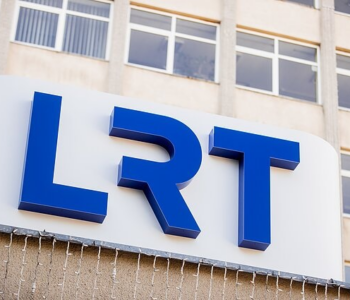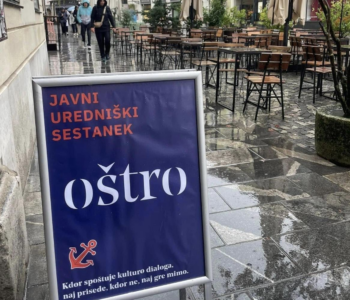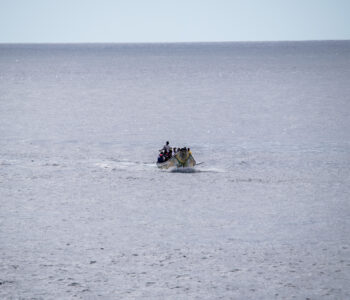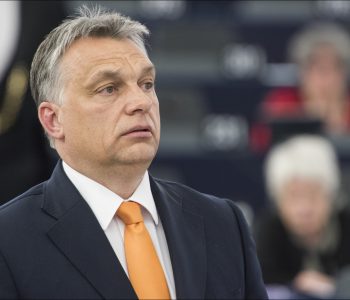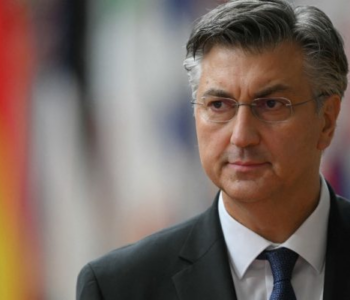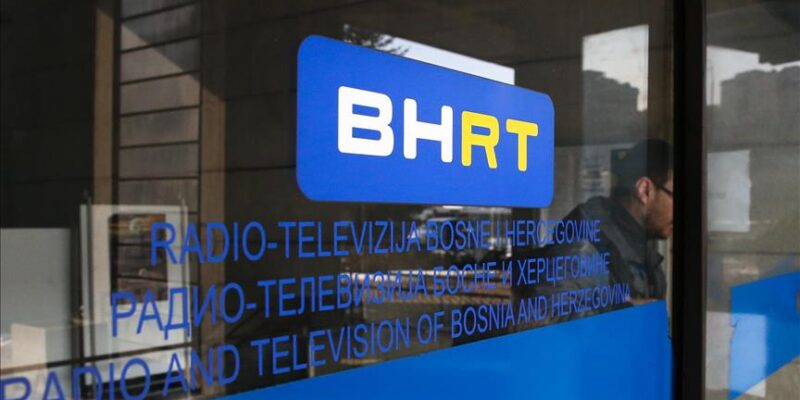 Allgemein
Allgemein
Public letter: Bosnian public broadcaster BHRT requires urgent action…
Public letter: Bosnian public broadcaster BHRT requires urgent action from Office of High Representative
Media Freedom Rapid Response (MFRR) partners have voiced serious concern today in a public letter to the High Representative for Bosnia and Herzegovina, Christian Schmidt, over the lack of political action on the future of the state broadcaster, Radio-Television of Bosnia and Herzegovina (BHRT). We called on him to use his legal authority to secure a viable solution amid the continued absence of institutional response and political will within Bosnia and Herzegovina’s institutions.
21.01.2026
Dear High Representative for Bosnia and Herzegovina Mr Christian Schmidt,
The undersigned media freedom and journalist organisations from across Europe are writing to you today to express our consternation regarding the absence of political action regarding the future of Bosnia and Herzegovina’s state-level broadcaster, Radio-Television of Bosnia and Herzegovina (BHRT). With this letter, we urge you to take action and use your legal powers to find a viable solution in the absence of institutional response and political will within the BiH institutions.
We are aware that for years, BHRT has been facing serious financial challenges due to a deep institutional crisis and debts primarily incurred by entity-level broadcaster RTRS, which has brought the national public broadcaster to the brink of collapse. Politicians have openly disregarded the law, resulting in only minimal funds reaching BHRT, against a backdrop of inter-entity funding disputes.
According to BHRT staff, the situation has now reached a point where accounts will be frozen and where employees work with the constant fear of not receiving their minimum salaries and of losing their job in a couple of months.
The undersigned partners of the Media Freedom Rapid Response (MFRR) support demands by the Independent Union of Workers at BHRT in calling on you to use your mandate and Bonn powers to end the agony of the public service media.
Previous calls by the MFRR to national authorities and EU institutions to engage in remedying the situation have not yielded results, which is why we now call on you, as High Representative, to act.
Having in mind that the procedures are being obstructed and blocked at the Ministerial and Parliamentary levels, leaving little space for a legitimate action on a national level, we urge you to take the initiative and put an end to this untenable situation for BHRT workers and citizens alike. The situation requires immediate solutions, and you can use your Bonn powers to provide a much-needed temporary co-financing to preserve what is left of independent public broadcasting service on a national level.
A public service media is not only a media or an institution: it is a cornerstone of a democratic society. With general elections scheduled in October 2026, the disappearance of BHRT would mean the loss of an important source of reliable information at a critical moment for voters and would further deteriorate the country’s media space, leaving it vulnerable to potential foreign influences through controlled media.
The undersigned organisations reiterate their solidarity with BHRT journalists and media workers who keep informing Bosnian citizens despite the dramatic conditions they work in. We join them in urging immediate action to save the public broadcaster and ultimately protect the interests of Bosnian citizens in their access to independent, pluralistic and reliable information.
This statement was coordinated by the Media Freedom Rapid Response (MFRR), a Europe-wide mechanism which tracks, monitors and responds to violations of press and media freedom in EU Member States and Candidate Countries.

